We’re excited to introduce you to the always interesting and insightful Dr. Erica Vernice Simmons. We hope you’ll enjoy our conversation with Dr. Erica Vernice below.
Dr. Erica Vernice , looking forward to hearing all of your stories today. We’d love to hear about a project that you’ve worked on that’s meant a lot to you.
My most meaningful recent project was my past doctoral recital featuring works by Black composers or poets like Undine Smith Moore, Florence Price, and local Dallas composer Quinn Mason. Now this is surely not a novel concept; however, I intentionally excluded most spirituals as many in the industry like to reduce black composers to spirituals like that’s the only contribution of merit they could muster, but that’s not true! Black music IS classical music. We have always contributed to the genre in some way, increasingly after slaves were freed in America. My recital was about showcasing art song and aria-like songs by black composers to show the depth and versatility of black music literature. Maybe then, programmers will start including works by black composers in a regular rotation like how the Met recently debuted its FIRST opera by a black composer in its 142 year history. We must stop looking at BIPOC composers and female composers as being in the “other” category when it comes to programming.
Furthermore, I also included works by Fred Onovwerosuoke, a Nigerian composer who writes in Pan-African styles. Descendants of enslaved Africans living in present-day America were culturally and linguistically castrated. Singing three songs in African languages (as we mostly sing in European languages in the classical realm) was a way for me to reclaim my identity and power. I’m very proud of that recital and very proud to have presented it at the NATS Texoma Regional Artist Series in 2020.
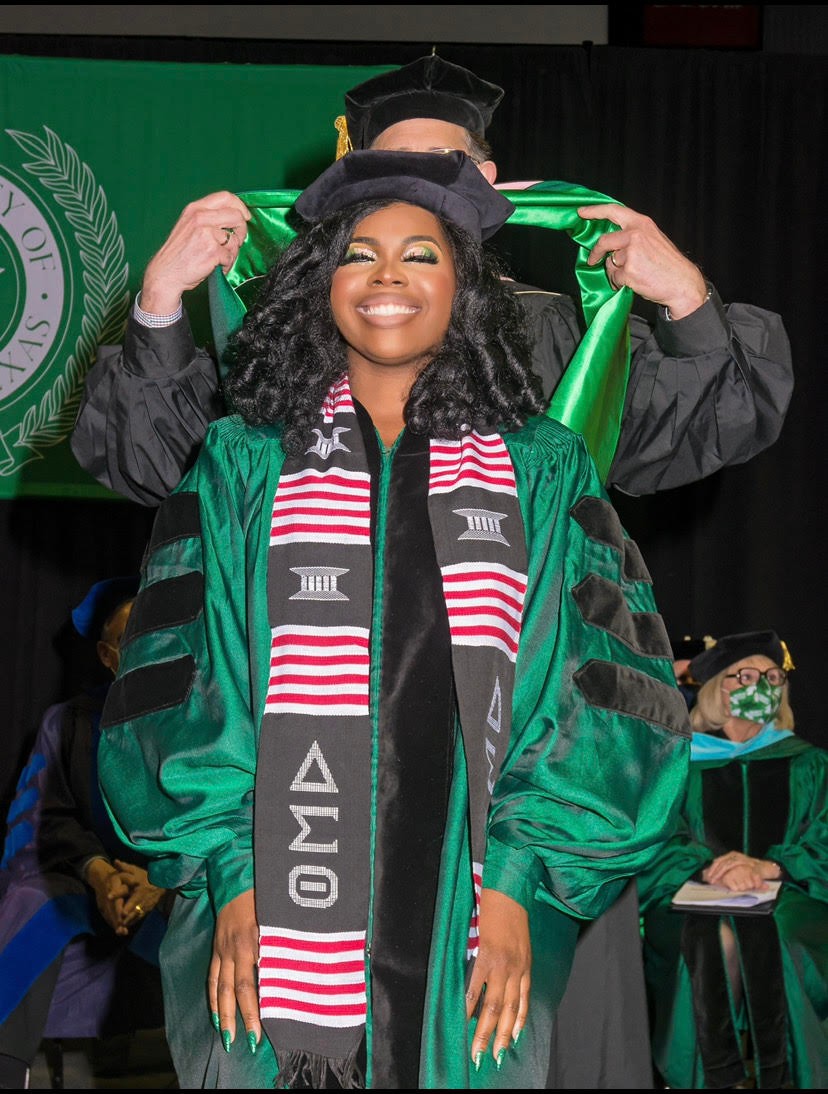
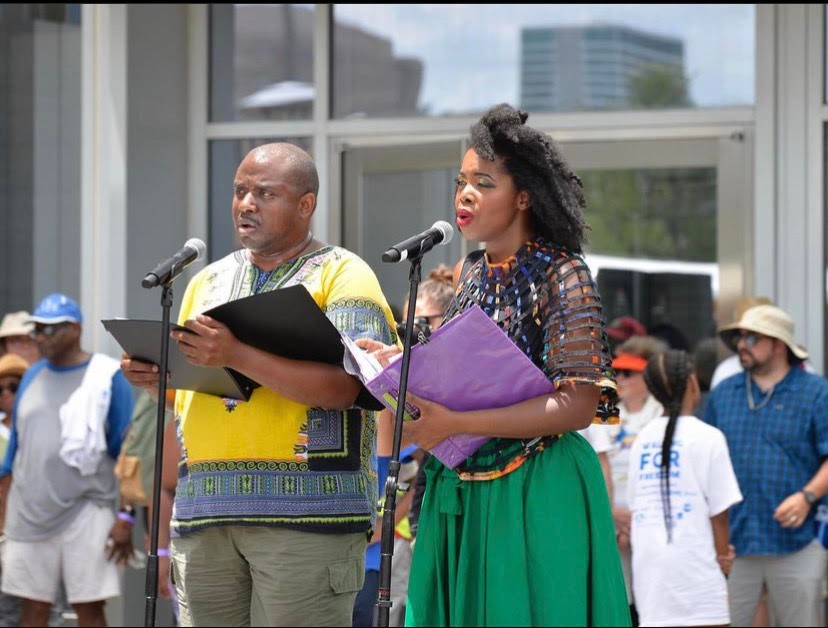
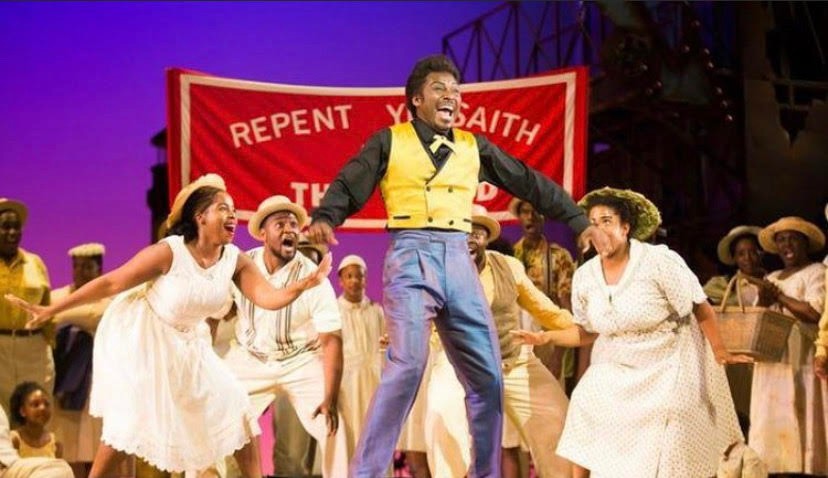
Great, appreciate you sharing that with us. Before we ask you to share more of your insights, can you take a moment to introduce yourself and how you got to where you are today to our readers
I am originally from Memphis, TN. I’ve always been immersed in music my entire life from being in the Sunshine Band, to playing organ and directing a church choir at 12 years old. In addition, both my parents were musicians, so I grew up with a genuine love for music. I wrote my first song at age 8. I continued to write and produce songs until I got in college and shifted my focus to opera. It wasn’t until I was in middle school that I saw a black opera singer in-person for the first time, my choir teacher, Ms. Baker. This is why representation matters. I saw myself in her, and it planted the seed for me that black people could also be opera singers.
As songwriting was my first love, I have transitioned back into writing, and I feel like I’ve regained a lost piece of my soul! Music is the language of God. I love creating colors with sound. So, I am VERY open to writing for other artists. While I sing opera in my profession and teach voice, I have been looking into finding ways to write for other artists and labels, so if anyone needs a ghostwriter, I’m your girl. I can write in any genre but I prefer RnB, folk rock, gospel, or contemporary Christian. In addition, I obviously sing-for-hire and I provide both voice and piano lessons. I help people find their authentic voices and help them navigate through proper vocal technique and vocal hygiene. I am currently enrolled in a medial certification course for vocal health through PAMA (Performing Arts Medicine Association in hopes that I can provide the best advice to my clients for longevity in their careers.
I am most proud of myself for finishing my doctorate and believing in myself to continue pursuing happiness through art. I at times can have crippling depression, anxiety, and imposter syndrome. I want to be a beacon of hope and a light that even though you may have mental illness or any type of handicap, you can still overcome and achieve your dreams!
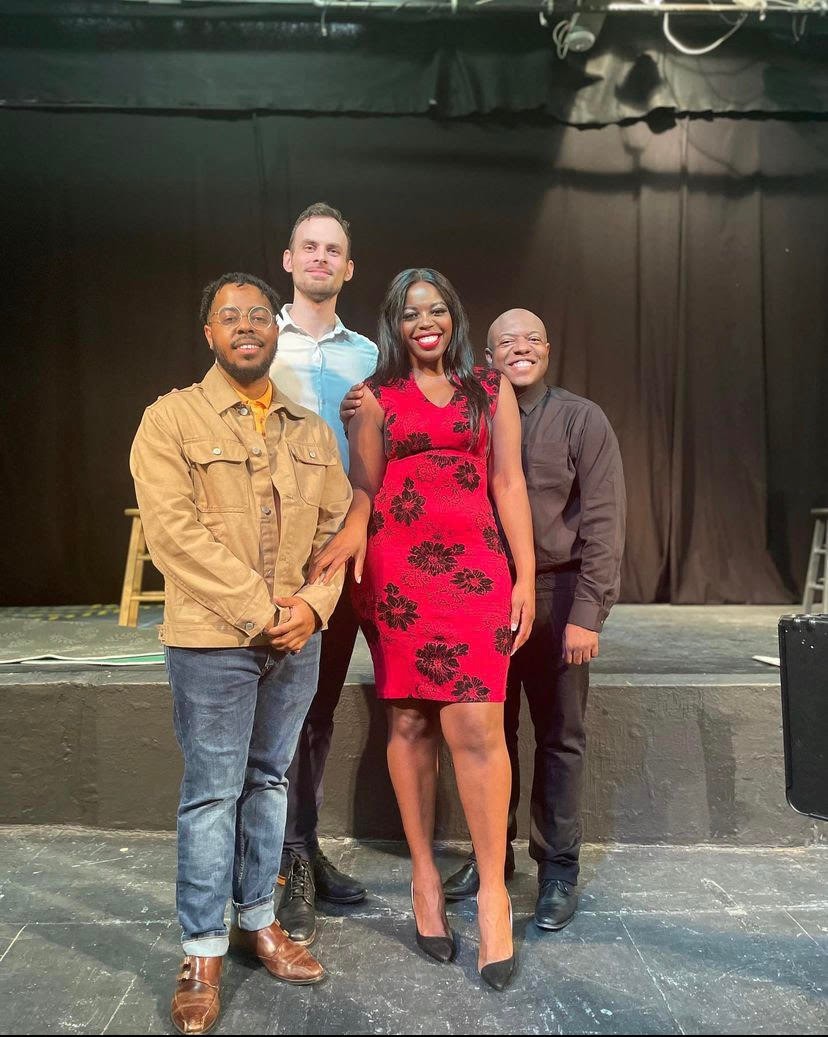
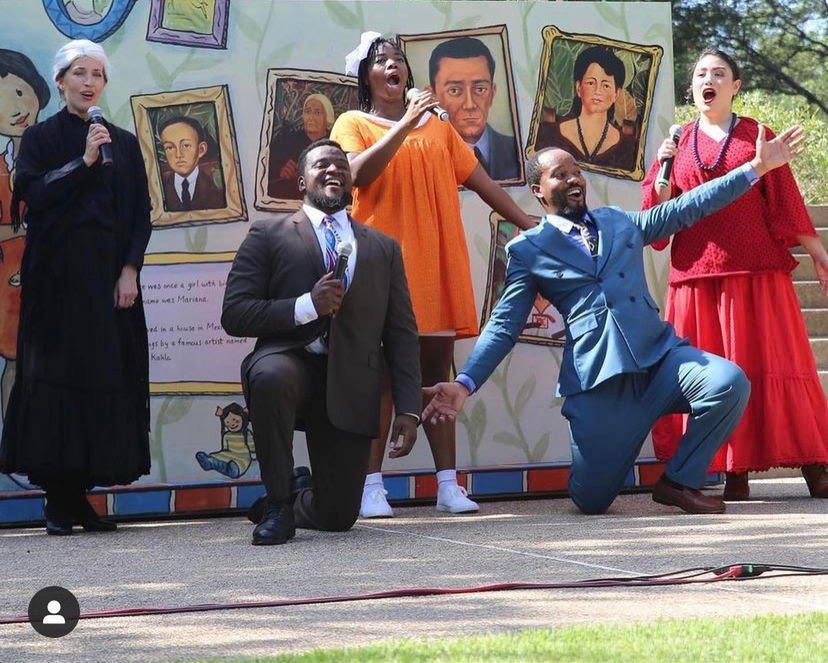
Is there something you think non-creatives will struggle to understand about your journey as a creative? Maybe you can provide some insight – you never know who might benefit from the enlightenment.
Talented and trained musicians should not be poor. Why does society not value artists but consumes art in everything we do? I wish that non-creatives respected art enough to understand that this is our livelihood. Many of us went into debt pursuing advanced degrees and sacrificed so much to become experts in our fields only to perform for change. No one would ask a doctor or lawyer to perform a service for exposure. Just saying.



What’s the most rewarding aspect of being a creative in your experience?
The most rewarding aspect of being an artist to me is ministry. Not religious? It’s ok. That’s not what I mean. :) When I perform, I want the person who just broke up with their significant other, whose loved one just died, the person who doesn’t know how they will pay their bills, the person who has anxiety, depression, or a chronic physical illness to be able to forget their problems for just an hour or two. I always attempt to bare my vulnerability on stage as an artist and a human being so that people can feel connected to the human experience and know they are not alone. When I sing, I do not want to be a black person necessarily or a woman. I want to elicit something that transcends race, color and creeds to connect with the human soul.
Contact Info:
- Website: ericavernicesimmons.com
- Instagram: @evsoprano
- Facebook: https://www.facebook.com/evsoprano
- Linkedin: www.linkedin.com/in/EVSoprano
- Youtube: https://www.youtube.com/channel/UCA64bFn_mJAZAuewvg_npkA
Image Credits
Doug Klembara, Ryan Scott Lathan


